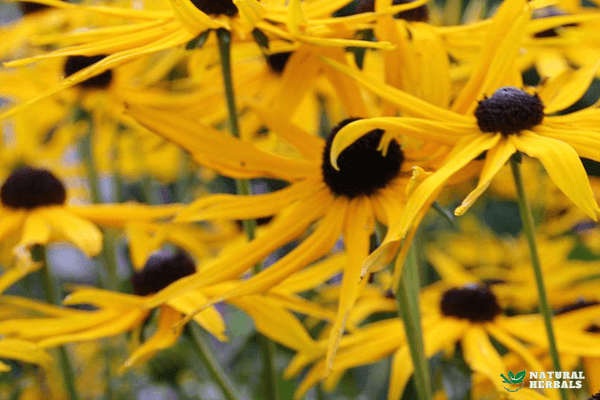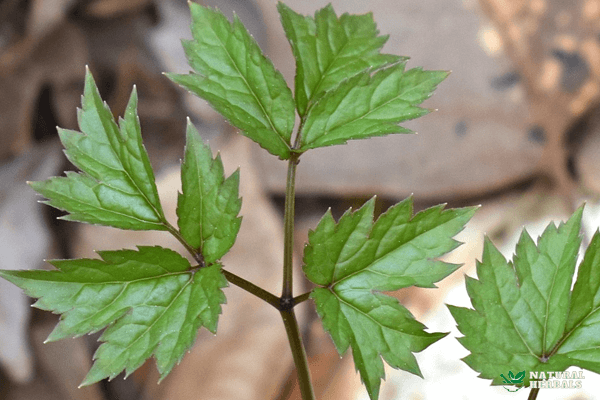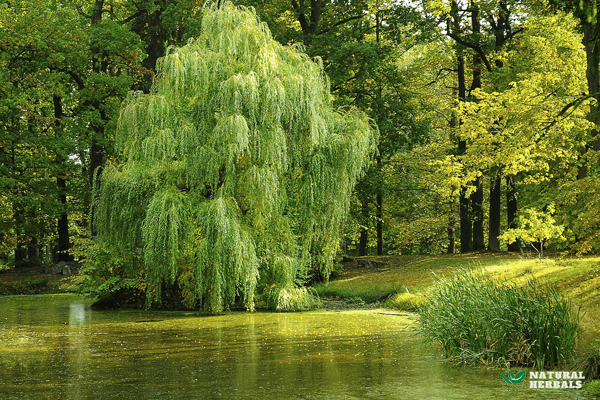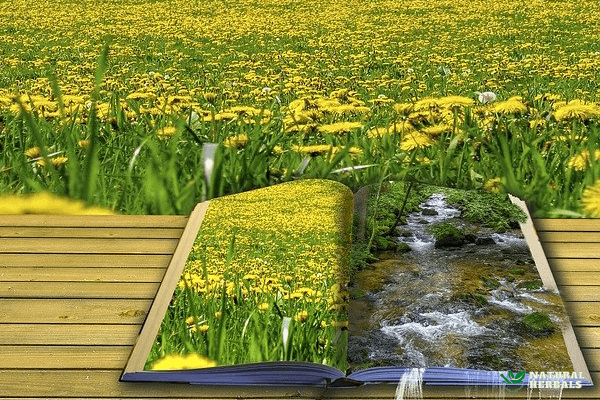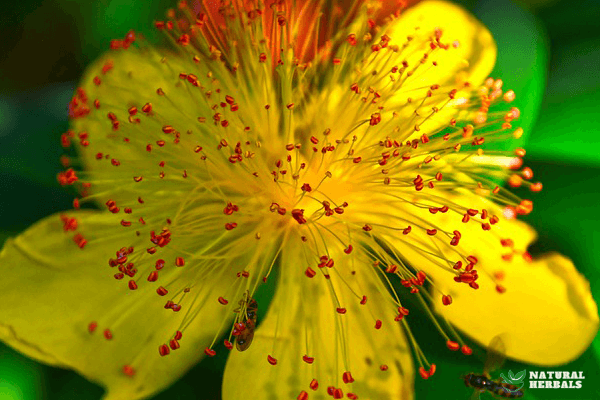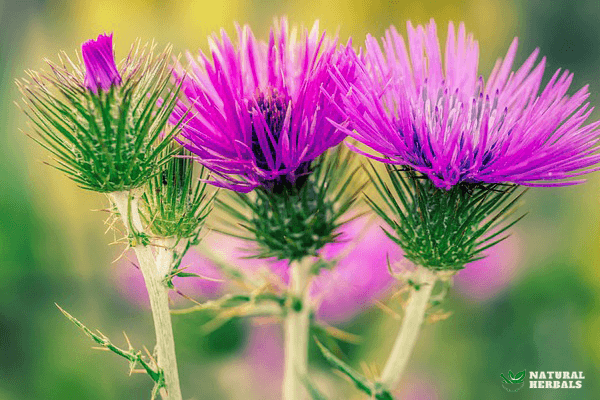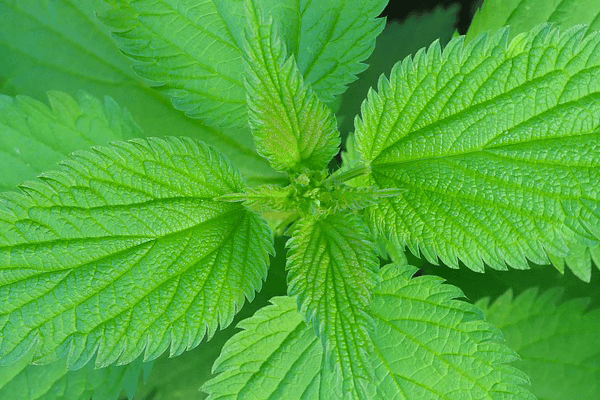
Nettle juice and tea
Nettle (Urtica dioica) is not only a meadow weed, which in contact with the skin causes painful irritation, but also a plant with a versatile use both in herbal medicine, cosmetics, dye industry (green pigment chlorophyll), textile industry, and as an edible plant.
The leaves of young nettles after thermal treatment can be added to meals (an ingredient of salads, soups, pesto). Nettle is also a component of many herbal mixtures and can be taken in the form of an infusion made from dried or juiced fresh leaves.
Medicinal properties of nettle
Nettle's raw materials used in medicine are the root and the leaves. The root contains mainly substances from the group of lectins, polysaccharides, and agglutinins, as well as sterols (e.g. β-sitosterol, stigmasterol), which inhibit prostatic hypertrophy. Therefore, preparations containing nettle root have found application in the prevention and in the initial stage of prostatic hypertrophy.
The root and leaves have the ability to inhibit α-glucosidase (an enzyme that breaks bonds in complex carbohydrates leading to the formation of simple sugars such as glucose). Inhibition of α-glucosidase limits the assimilability of complex sugars and contributes to lower blood glucose levels after a meal, which is why nettle is helpful in type 2 diabetes. It is one of the components of herbal mixtures used in pre-diabetic conditions and the onset of type 2 diabetes.
Due to the content of iron and B vitamins, it prevents anemia (increases the level of hemoglobin and the number of red blood cells). Nettle leaves also contain vitamin K, vitamin C, micro and macroelements (including magnesium, phosphorus, calcium, sodium, potassium) and silicic acid. The rich composition of nettle leaves makes them vitaminizing and nutritious. They support the metabolism and strengthen the structure of hair, nails and improve the complexion.
Did you know that:
It was once believed that nettle has extraordinary powers and can, among other things, ward off demons?
Nettle leaves also have anti-inflammatory, anti-rheumatic, immunostimulatory (stimulates the immune system), and slightly blood pressure-lowering properties (due to its diuretic effect). Studies have also shown that nettle herb aqueous extract exhibits antioxidant properties (due to the content of phenolic compounds), antimicrobial properties (against both Gram-positive and Gram-negative bacteria), and a protective effect on the gastrointestinal mucosa and prevents ulcers.
Due to its diuretic effect and ability to bind heavy metals (cadmium, mercury, lead, among others), nettle leaves are used to cleanse the body of toxins. Nettle also has a beneficial effect on the urinary system and is recommended for urinary tract infections (due to its antibacterial, diuretic and immunostimulating properties) and kidney stones.
Nettle juice
Juice is obtained from fresh nettle leaves. You can make it yourself (just squeeze the fresh, cut leaves in a juicer and then strain the juice with the rest of the leaves through gauze or a fine mesh strainer) or buy it in herbal or health food stores. The daily dose of juice should be up to 50 ml (equivalent to 10 teaspoons).
It can be taken in one dose or divided into two (25 ml each). It is best to dilute the juice with water (in a ratio of 1:1 or with a predominance of water), because it has a very intense and specific taste and a high density of active ingredients, vitamins and minerals.
Once made, juice should be stored in the refrigerator and consumed within days. It is important that the juice should be stored in a dark bottle, which protects against the loss of its nutritional and medicinal properties when exposed to light.
Nettle tea
Nettle tea, or actually nettle infusion, is made from dried leaves. The leaves can be purchased in the form of express bags or in the form of larger packs with the loose dry matter. In the case of tea bags, it is enough to pour one glass of boiling water over the leaves and leave it to brew under a lid for 10 minutes.
However, in the case of larger packages containing dried leaves, 1 tablespoon of dried leaves should be poured into a glass of boiling water and also brewed under a lid for 10 minutes and then the infusion is strained with a strainer.
Nettle tea can be drunk 2 – 3 times a day. You can also make a stronger infusion of 2 tablespoons of dried, but then you should drink half a glass 2 – 3 times a day.
Nettle – Contraindications
Although nettle helps with many ailments, there are some specific cases in which it is contraindicated. Nettle preparations should not be used in case of:
- Pregnant women (may cause miscarriage by increasing uterine contractions)
- Breast-feeding
- Children under 12 years of age
- When taking blood pressure-lowering drugs – may increase their effect
- When taking anticoagulants – nettle contains vitamin K, which may weaken the effect of anticoagulants
- Diabetics taking oral antidiabetic drugs or insulin – may cause blood glucose levels to drop too much
- Kidney failure – cystoliths contained in it may irritate the kidneys
- Allergies – nettle may cause allergic reactions, even if you are not allergic it is best to start with small doses of nettle to see how your body reacts
Remember:
Nettle is a diuretic plant that is widely used in herbal medicine.
Nettle is a plant with a rich composition and many medicinal qualities. However, one should remember not to exceed the recommended dosages for individual nettle preparations. When using nettle treatment, breaks are recommended because its prolonged use, especially in maximum doses, can lead to digestive disorders and allergies (swelling and redness of the face and eyelids).

I am an official member of International Association of Therapists and research natural healing methods and herbs. The posts are my findings.


